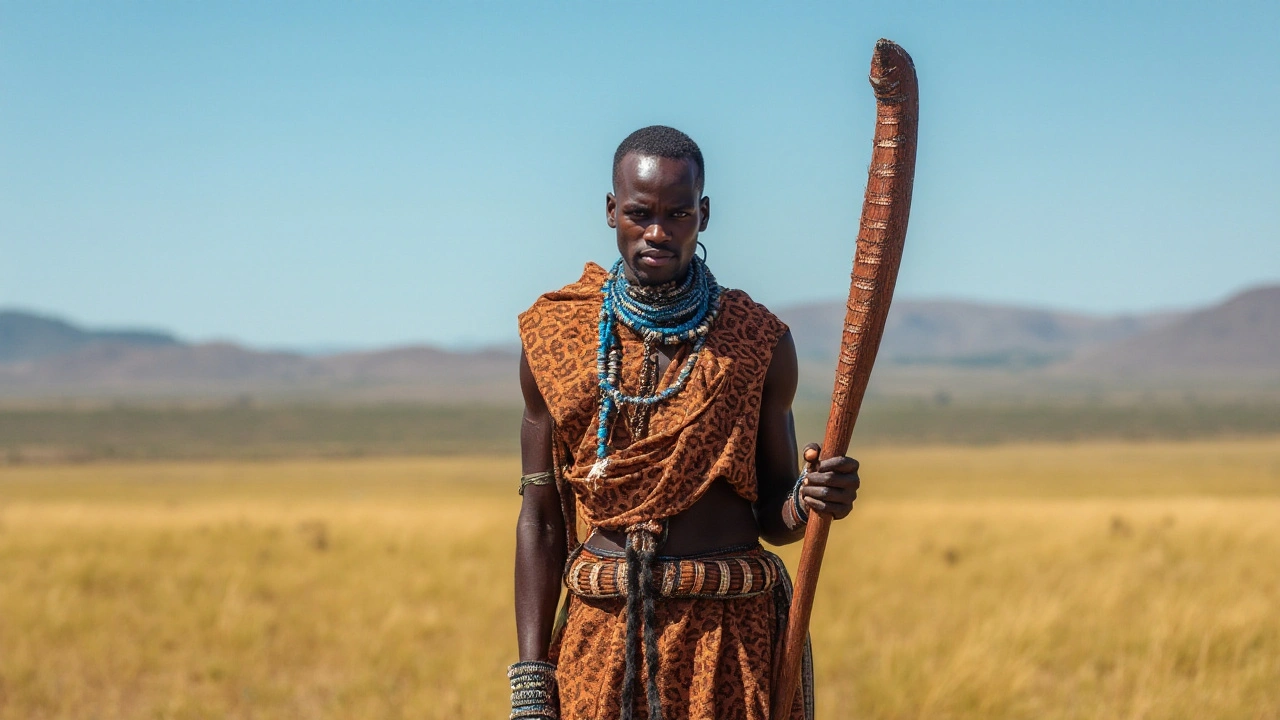African Tradition: Traditional African Massage & Healing
African tradition in healing is practical, hands-on, and rooted in everyday life. From North African hammams to West African herbal massages and bone-setting skills, these practices focus on restoring balance, easing pain, and helping people get back to work and family life. You don’t need exotic rituals to benefit — most treatments are straightforward, rooted in local herbs, steam, or skilled touch.
Common Techniques and What They Do
Hammam steam baths (found across North Africa) use heat, steam, scrubbing, and massage to clear skin, reduce stiffness, and relax the mind. Expect hot rooms, exfoliation with a mitt, and short massages with argan or olive oil. In West and Central Africa, massage often uses firm strokes and local oils infused with plants to ease muscle pain, boost circulation, and help digestion after childbirth. Some communities still use cupping or hot compresses to move blood and reduce inflammation.
Bone-setters and traditional therapists work with simple tools and a lot of hands-on experience. They fix sprains, realign joints, and treat common aches with bandages, massage, and time-tested positioning. Herbal packs and poultices are common — crushed leaves or roots warmed and pressed to the sore spot to calm pain or swelling.
How to Try These Therapies Safely
Want to try an African-tradition treatment? Start by asking a few simple questions. Where did you train? What herbs or oils do you use? Can I see the treatment area and how you prepare it? Cleanliness matters: towels, scrubs, and oil should look fresh. If a place seems unsanitary or the practitioner dodges questions, walk away.
Tell the practitioner about health issues: pregnancy, heart problems, open wounds, or recent surgery change what’s safe. If you’re trying a strong technique — deep massage, cupping, or bone-setting — book a short first session to test how your body reacts. Pay attention to pain that feels sharp or unusual; good therapists work around discomfort, not through it.
Practical tips: ask locals for trusted practitioners rather than relying only on online reviews; bring a reusable water bottle for after steam treatments; avoid heavy meals before a massage; and wear easy clothes so the therapist can work comfortably. If you want to combine approaches, a hammam followed by a gentle herbal oil massage is a common, effective combo.
African tradition in healing is about practicality and community knowledge. It’s not always flashy, but it often works because it’s simple, local, and tuned to daily life. Try one session, ask good questions, and keep what helps you — these practices were designed to get people moving and feeling better, plain and simple.
The Rungu: Preserving African Tradition and Heritage
The Rungu is a traditional African weapon with roots in the Maasai culture, symbolizing strength and heritage. This article explores its historical significance, craftsmanship, and modern-day uses. It unveils how the Rungu transcends beyond being a weapon to becoming a powerful symbol of identity and tradition.

